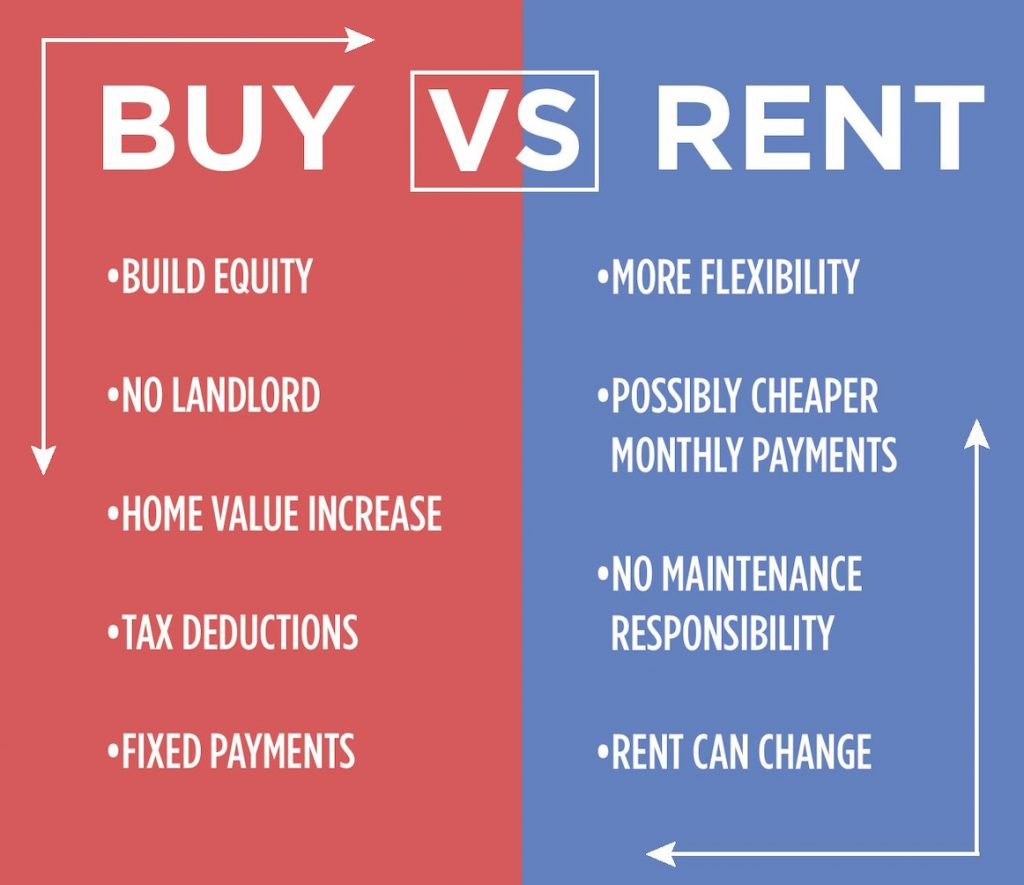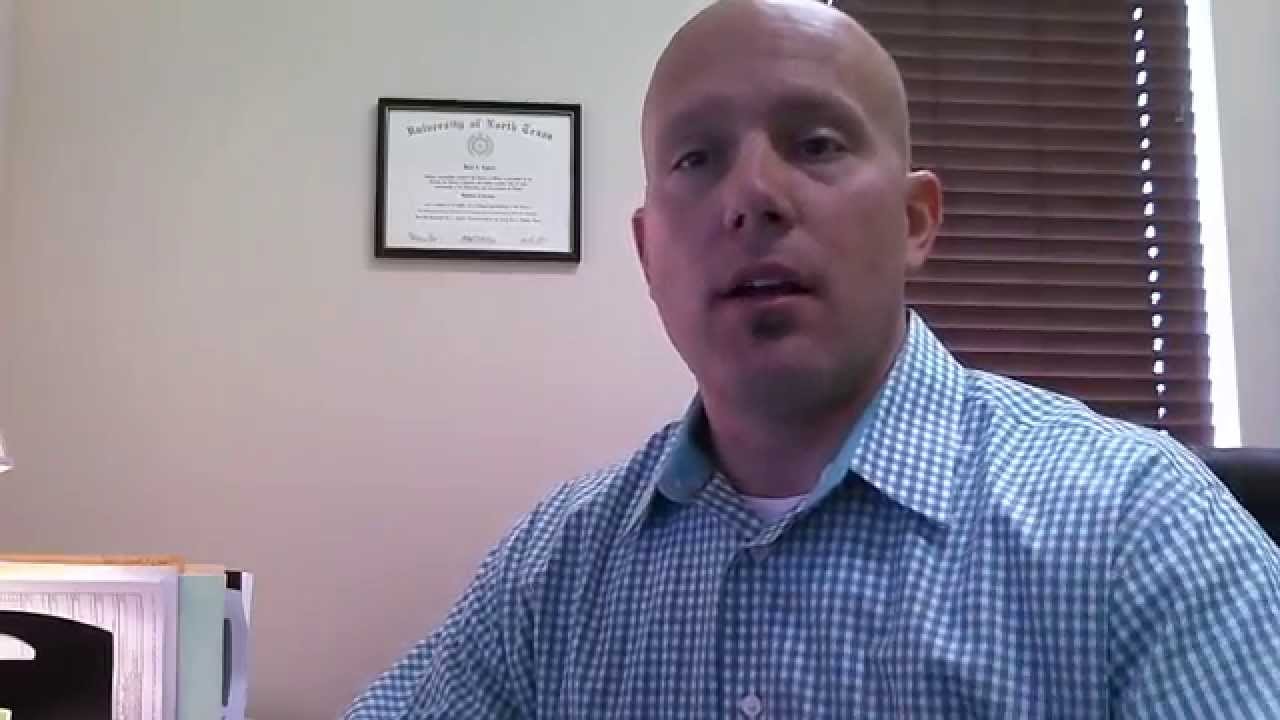How to Save Money for a House Right Now
Table Of Content

FHA and USDA loans charge their own type of mortgage insurance which includes an upfront premium as well as annual premiums which — like PMI — get added to your monthly payment. Even for loan programs run by a government agency, like the Federal Housing Administration, mortgage rates can vary by lender. Getting quotes from at least three lenders can reveal these differences, creating a chance to save. Other mortgage calculators, however, estimate affordability using the information you provide about your income and current debt payments. You’ll still need to contact a mortgage lender to learn how much you really qualify for.
Agents Have Connections You Might Not Have
Typically, for a conventional mortgage, a DTI of 50% or less is the benchmark – but many government-backed loans will have higher thresholds. In this article, we’ll get you ready to go mortgage shopping by going over what lenders are looking for, the paperwork involved and the five steps it takes to complete the mortgage process. Even though you’ve been preapproved for a loan, that doesn’t mean you’ll ultimately get financing from the lender. If your credit score is on the lower side, you could still get a loan, but you’ll likely pay a higher interest rate. The process of buying a house can take time, but the end result can be worth your while. The more you learn about the process beforehand, the fewer obstacles you’re likely to experience.
How to Get Pre-Approved for a Home Loan
A $300,000 loan with a rate of 6% instead of 6.25% would save about $50 a month and about $18,000 in interest over the life of the loan. Even when your lender requires the home appraiser to check for minimum building standards, you, or your Realtor, should order your own independent inspector. The results could affect your decisions about whether to buy the home.
Step 1: Apply For Mortgage Preapproval
In a worst-case scenario, you could end up with a fixer-upper when you thought you were buying a turn-key home, or you could spend thousands extra in mortgage interest. Unless you’re an expert home builder yourself, you might not notice some serious problems with the home you’re buying. Buying a home can be a complicated, intimidating process, so you’ll need a professional on your side to answer questions and look out for your best interests.

If you’re a first-time home buyer in the early stages of home shopping, you have a leg up. While you’re visiting open houses you can get your personal finances into shape. Traditionally, spring is the start of the homebuying season, with many listings hitting the market and activity peaking over late spring/early summer. However, your own financial readiness is more important than the time of year. A final walk-through is your opportunity to view the property one last time before it becomes yours. This is your last chance to address any outstanding issues before the house becomes your responsibility.
Unless you have VA or USDA loan eligibility, you’ll need to make a down payment. Conventional loans require at least 3% to 5% down, and an FHA loan will need at least 3.5% down. To get your credit file, contact each of the three bureaus separately, or order all three copies from AnnualCreditReport.com. Normally you’re entitled to one free credit report each year from each of the bureaus. During the pandemic, AnnualCreditReport.com has been allowing one credit report each week from each bureau.
Step 5: Closing
Want to Buy a House in 2024? Follow these 14 Steps - Real Estate
Want to Buy a House in 2024? Follow these 14 Steps.
Posted: Tue, 26 Dec 2023 08:00:00 GMT [source]
That has to wait until you’ve made an offer on a house and successfully gone through mortgage underwriting. With a preapproval, the lender will review your finances to determine if you’re eligible for funding and an amount they’re willing to lend you. One rule of thumb is to have the equivalent of roughly six months’ worth of mortgage payments in a savings account, even after you fork over the down payment. This cushion can help safeguard you if you lose your job or something else unexpected happens.
They bought homes for under $1 million. Here’s what they learned.
Some down payment assistance programs have household income limits. But many are lenient, and they’re meant to make the home buying process more affordable — especially for first-time buyers. Be mindful, too, of possible income requirements for the type of loan you want. There’s typically no minimum income requirement, but you can earn too much money for some first-time home buyer programs. If you want to buy a house, you need to meet basic requirements for credit score, income, and employment history as well saving for a down payment.

Prequalifications are less accurate than preapprovals because they don’t require asset verification. While a prequalification can be helpful, it won’t give you the most concrete idea of how much money you’ll be lent, whereas a preapproval can. That’s because lenders require you to provide documents for the preapproval that help prove your income and debt obligations to ensure you’re eligible for the mortgage.
Read over your inspection results with your agent and ask whether they noticed any major red flags. Begin by asking family members and friends for recommendations to find a good real estate agent. Direct referrals are often the best way to get unbiased information on agents in your area. If you’re on payroll, you’ll likely need to provide only recent pay stubs and W-2s.
You’ll also want to think about hiring movers, buying new furniture and appliances, setting up your utilities, etc. You’ll pay for these after the house is yours but may want to factor them into your budget or create a separate post-move budget. And don’t forget to set aside money for ongoing maintenance and unexpected repairs, too. Cuevas’s boss at the University of San Diego connected the couple with a real estate agent, who set them up with a mortgage lender. Unlike the bank, the lender answered their questions and helped calculate their mortgage payments with current interest rates. You’ll also need to save money to cover closing costs – the fees you pay to get the loan.
Specific qualifying requirements will vary depending on your loan program and mortgage lender. Bankrate.com is an independent, advertising-supported publisher and comparison service. We are compensated in exchange for placement of sponsored products and services, or by you clicking on certain links posted on our site. While we strive to provide a wide range of offers, Bankrate does not include information about every financial or credit product or service. To buy a house, you’ll need enough money to cover the down payment and closing costs.
Also, don’t forget closing costs, which are the fees you’ll pay to finalize the mortgage. They typically run between 2 to 5 percent of the loan’s principal. They don’t include escrow payments, either, which are a separate expense. Generally, you’ll also need around 1 to 4 percent of the home’s price for annual maintenance and repair costs. You may also need to have cash reserves to help cover your mortgage in case of emergencies.
Comments
Post a Comment